by Jaimie Crumley | Dec 5, 2021 | Headline News |
“Do not neglect to show hospitality to strangers, for by doing that some have entertained angels without knowing it” (Hebrews 13:2, NIV).
Have you ever known someone who never meets a stranger?
Folks who live their lives in such a way that nearly everyone they meet becomes a new friend astound me with their generosity of spirit. I admire their courage and zest for life, which compels them to embrace even those they do not know well, knowing that each creature has gifts to share with the world.
As a faith leader, when I meet folks with those sorts of spirits, I see some of the Spirit of Christ who, although divine, shared meals with the poor, sick, and sinful, laid hands on the infirm, and drew close to the crowds without reservation.
Even in His dying moment, Jesus stretched His arms wide as though embracing all of us and declared forgiveness over us because we did not realize what we were doing. Jesus is the embodiment of the grace of hospitality, and I would argue that hospitality is the biggest gift we, the body of Christ, can offer the world right now.
The Fear Factor
The current social and political climates have caused me to take a step back to examine what Scripture teaches us about welcoming strangers among us. I confess that I focus much of my time concerning myself with the sins that other people perpetrate on each other. I concentrate on the news stories about hate crimes without giving much consideration to the ways that I allow hate and fear to fuel my actions.
The truth is that fear motivates so much of what we do. Our fears prevent us from loving and practicing hospitality in the ways that our faith demands of us. In today’s social media culture, many of us have a fear of rejection. As humans, many of us also have a fear of not knowing which prevents us from meeting new people and having new experiences.
We also often have fears of being powerless that cause us to try to stay in places that make us feel powerful. We allow our fears to impede upon our ability to love.
Before turning outward and critiquing national and international leaders, I want to encourage us, especially during this introspective liturgical season called Lent, to look within to ask ourselves how we are practicing the kind of hospitality that Scripture and the example of Jesus Christ demand of us.
Love Thy Neighbor?
Many of us have learned the classic stories about hospitality in Sunday School and Sunday morning sermons.
We have heard about Abraham and Sarah, who unknowingly hosted angels who foretold the birth of Sarah’s son. In the passage from Hebrews I cited at the top of this article, the author alludes to that passage from Genesis. Despite the many admonitions throughout the Hebrew Bible to care for the foreigner, widow, and orphan, we, like the lawyer in Luke 10, often ask, “Who is my neighbor?”
In response to that question, we have heard Luke’s well-known story of the Good Samaritan who, despite his vastly different culture and faith, cared for an Israelite stranger he found injured on the side of the road. Even after hearing such a dramatic story of sacrificial love, we continue to struggle with caring for our neighbors. Perhaps my favorite aspect of the story is the way it condemns us for the times we fail to show love to people who are just like us.
We have become politically motivated to care for immigrants in recent months, as we should, but we mistreat those who sit right next to us in the pew or who share our offices at work!
Jesus tells Israelite listeners the story of an Israelite man who was robbed as he traveled from Jerusalem to Jericho. A priest passed by and walked on the opposite side of the road to avoid helping. Then, a Levite, a religious leader from the priestly tribe of Levi, passed him. Only a Samaritan, a man who was from a different culture and faith background, cared for the man.
Many commentaries have explained that the priest and the Levite probably did not interact with the victim because of concerns about ritual purity, but does that not cause us to consider our priorities? We cannot prioritize legalism over mercy and love. Here was Jesus, the Lamb of God who takes away the sins of the world, essentially urging His listeners to ritually defile themselves because mercy is at the heart of the Gospel.
The Missing Link
 What the world needs from the church is for us to be the church. The time is now for us to commit ourselves to following Jesus Christ in our actions. It was the way the early Church first began to thrive.
What the world needs from the church is for us to be the church. The time is now for us to commit ourselves to following Jesus Christ in our actions. It was the way the early Church first began to thrive.
As J. Ellsworth Kalas puts it in his book The Story Continues: The Acts of the Apostles for Today, “The Christian church was born in a time and culture when the marketplace of beliefs was crowded to its borders. Religion was everywhere … This meant that it was easy to talk religion, but also that it was difficult for the decision to get serious. No wonder, then, that the followers of Christ were known as ‘people of the Way.’”
The earliest Christians stood out, and they increased in number because they lived their Christianity; for them, it was not simply an interesting intellectual idea. They attracted converts because of their countercultural way of viewing religion as more than a list of philosophies.
Rev. Dr. Martin Luther King Jr. provided a practical understanding of this concept in his sermon “A Knock at Midnight,” which appears in his 1963 book of sermons called Strength to Love. King preached, “The church must be reminded that it is not the master or the servant of the state, but rather the conscience of the state … if the church will free itself from the shackles of a deadening status quo, and, recovering its great historic mission, will speak and act fearlessly and insistently in terms of justice and peace, it will enkindle the imagination of mankind and fire the souls of men, imbuing them with a glowing and ardent love for truth, justice, and peace.”
In other words, from the Scripture we read, to the prayers we pray, to the songs we sing, our worship is real and lived and must transform us from the inside out. The church is not a place to go; the church is a thing to do. We call the physical buildings in which we worship churches, but the church is the body of Christ, at work in the world.
So, what does living our faith teach us about hospitality?
A Place Where Ministry Happens
One of my mentors in ministry began a new pastorate at the end of 2016. After examining the needs and challenges of ministry at her new church, she chose as her theme of her church “Radical Hospitality.” The new framework of thinking about the church as a place where radical hospitality happens has changed it in practical ways in just a few short months.
Church members are beginning to imagine their worship space as first and foremost a place where ministry happens. That sounds obvious, I know, but so many churches have gotten away from thinking of themselves as being ministry spaces above all else.
One of the most drastic changes she has made as pastor has been to reimagine the parsonage, the house that is owned by the church for use by pastors and their families. That house now serves a dual purpose. It is both a “meeting house” where retreats, Bible study, and meetings can occur, and it provides accommodations for the pastor and visiting ministers.
Knowing my colleague, and understanding what it means to be “radical,” I am expecting that in the months and years to come, her new ministry will continue to grow and transform to become more welcoming for all people.
It is our task, as the Samaritan did in the Gospel of Luke, to embrace all we meet. As Hebrews 13:2 reminds us, we do not know the actual identity of those we encounter each day. Scripture teaches us that if we open our hearts to the possibility, each stranger has gifts to share with us that will enhance our lives. My fellow people of the Way, let us go forward with joy to spread Christian hospitality.
Jaimie Crumley is a minister, blogger, podcaster, and ministry consultant. She blogs about race, gender, history, and Christian faith at iamfreeagent.com.
Share your thoughts on ministry and hospitality below.

by Jack Jenkins, RNS | Jun 16, 2021 | Commentary, Headline News |

WASHINGTON (RNS) — Earlier this month, the White House announced a “month of action” to help ensure 70% of U.S. adults are at least partially vaccinated by July 4. Officials have since outlined a flurry of faith-based partnerships, hoping to leverage the clout and know-how of faith groups to aid in immunizing the public against COVID-19.
To help explain the role of faith groups in the national vaccine push, Religion News Service spoke with Francis Collins, an evangelical Christian who also serves as director of the National Institutes of Health. Collins discussed the program, as well as his faith and how he views the intersection of religion and science. This interview has been edited for length and clarity.
Why is the government is looking to religious groups for help in vaccination efforts?
It’s nice to be able to have this conversation. As a scientist and a person of faith, this is right in my sweet spot.
People of faith have issues (with vaccines), and every person has some different set they’re concerned about. When getting an answer from a guy like me, a scientist who works for the government, maybe they say, “Well, maybe he has a reason to want us to do this.” But if your pastor says, “I’ve looked at this information and I want what’s best for my congregation. I don’t want to see more people die from this terrible illness that’s taken almost 600,000 American lives. So I’ve educated myself, and I’d like you to know, from me, the benefits and risks. Can we talk about it?” — that gets people’s attention.
While vaccine hesitancy or anti-vaccine sentiment is not unique to any faith group, a recent poll found white evangelicals have a higher-than-average rate of vaccine refusals. But the same poll also found many of them said they could be persuaded by faith-based overtures. Have you seen evidence these overtures are moving the needle?
Yes, although it’s hard to collect really solid data to say how many people changed their minds because they heard from a faith leader. I could give you lots of anecdotes — although the plural of anecdotes is still not data.
I do think it is not a stretch to say, for all of us who’ve prayed for deliverance from COVID-19, the vaccines are an answer to that prayer. That is very much consistent with the way God often responds to our needs — by working through human capabilities that we’ve been given as a gift by the Creator. Why wouldn’t you want to take that gift and not just look at it, but open it up and then roll up your sleeve?
You noted federal government officials aren’t always the most effective messengers to some communities. But as an evangelical Christian, what about your faith compels you to want to embark on this vaccine push?
When you look at what we know about the time Jesus spent on this earth, it is interesting — read through the four Gospels — how many instances where he is involved in healing. If we are called to be followers, as I am, then shouldn’t we also find opportunities to provide healing as well?
If anybody asks you, “Has it been that bad?” Well, gosh, we’ve lost almost 4 million lives on the planet, and almost 600,000 right here in the United States of America. It’s not over, and if we don’t get the vaccinations up to a high enough level, we may see in the fall and the winter a resurgence — particularly in areas where vaccines were least adopted. Then here we are all over again with people in ICUs, people dying that didn’t have to. As believers, is that something we can look away from? I don’t think so.
Many religious communities of color have not only been disproportionately impacted by the pandemic, but also suffer from access issues when it comes to vaccines. Have you seen dividends from efforts by the White House and others to partner with faith groups to help combat those access issues?
Absolutely. That has included some churches that have volunteered to be sites for immunization — right in their fellowship hall. That’s a great thing to do. In this national month of action, we have done additional outreach to those communities that haven’t felt necessarily like they had access, making it possible to get immunized in the barbershop or in the beauty salon, or providing child care for people who might otherwise have trouble figuring out “How am I going to get a shot when I have these two little kids with me that are going to need my attention every second?”
The federal government’s partnership with faith groups in this vaccine push seems unusually robust. What is it about faith communities that makes them particularly beneficial when it comes to vaccination?
As the director of the National Institutes of Health for the last 12 years, we have had partnerships with faith communities for things like hypertension screening, diabetes management and asthma management, but nothing quite like this.
It has been an inspiring occasion, I have to say, to have the opportunity to work side by side with leaders of the faith community to try to get this healing information in front of people. And I hope when we get through COVID-19, which we will, that we won’t lose that.
As a medical expert and a person of faith, what do you think gets left out of disputes between faith groups and the medical community during this pandemic?
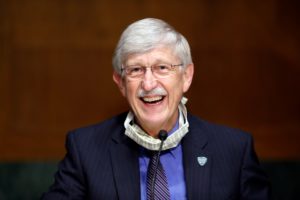
One of my goals as a person of faith and a scientist is trying to get people to see the wonderful complementarity and the harmony of scientific and spiritual worldviews.
But I think a lot of people in faith communities haven’t found that to be the case, and maybe have even heard things from the pulpit like “You can’t really trust those scientists because they’re all atheists.” Well, here’s one who’s not, and I’m not alone: About 40% of working scientists are believers in a God who answers prayer. There’s a lot of us out there.
Maybe this is another occasion to try to get a broader understanding about how science and faith are wonderfully complementary. Science is great at answering questions that might start with “how?,” and faith is really good at answering questions that start with “why?” Don’t you, as a person on this planet for a brief glimpse of time, want to be able to ask and maybe get answers to both those types of questions?
Have you seen some of that distrust slip away?
I have, yeah. Going back more than 20 years ago, it did seem like there was a lot of tension for me as an evangelical. There were times where I wasn’t sure I was welcome in the church, and then I’d go to the lab, and I wasn’t sure I was feeling welcomed there either. I wrote a book about this called “The Language of God” back in 2005, trying to put forward arguments about how science and faith really are different ways of looking at God’s creation. It got a lot more attention than I expected.
I think out of that, and a number of other efforts … I do see there has been a shift here, more of a willingness to consider what the harmony is instead of what the battle is.
Are you optimistic the U.S., with the help of faith communities, can meet this July Fourth deadline to partially vaccinate 70% of the adult population?
I am optimistic, but it’s going to be a stretch. It’s going to take the full efforts of lots and lots of people — and especially faith communities — to get us there over what is just another three weeks.
The number of immunizations happening each day is just barely on that pathway, and it actually looks as if some of those immunization levels are dropping instead of going up. We need everybody to line up behind this goal, recognizing this isn’t about pleasing Joe Biden, because a lot of evangelicals are not that interested in pleasing Joe Biden. This is about saving lives.
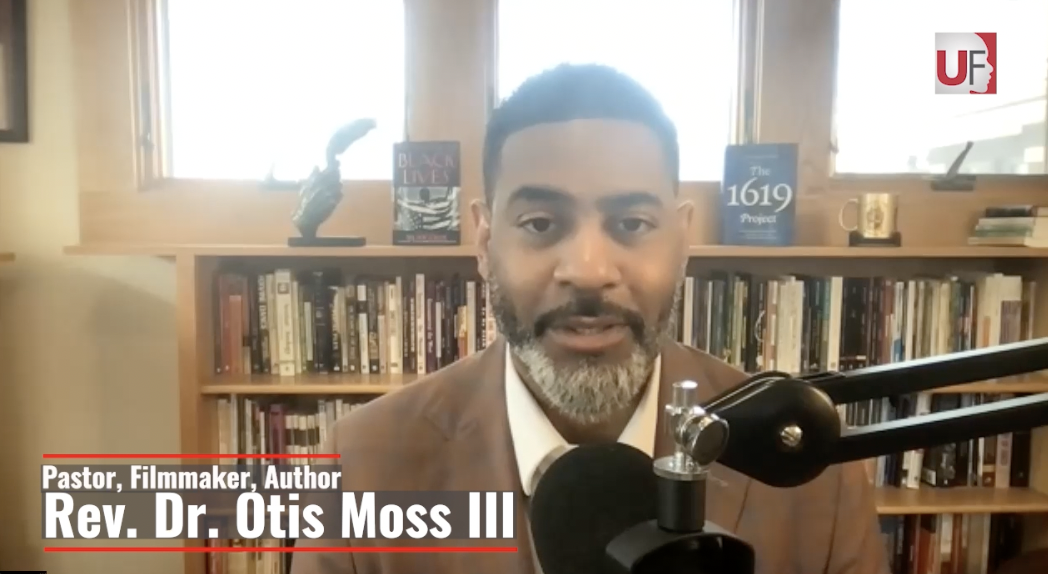
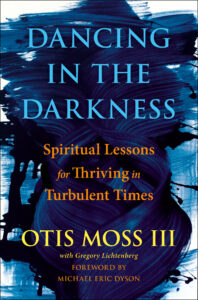
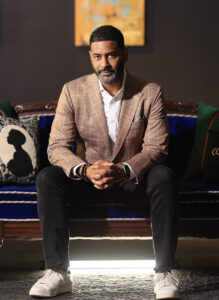

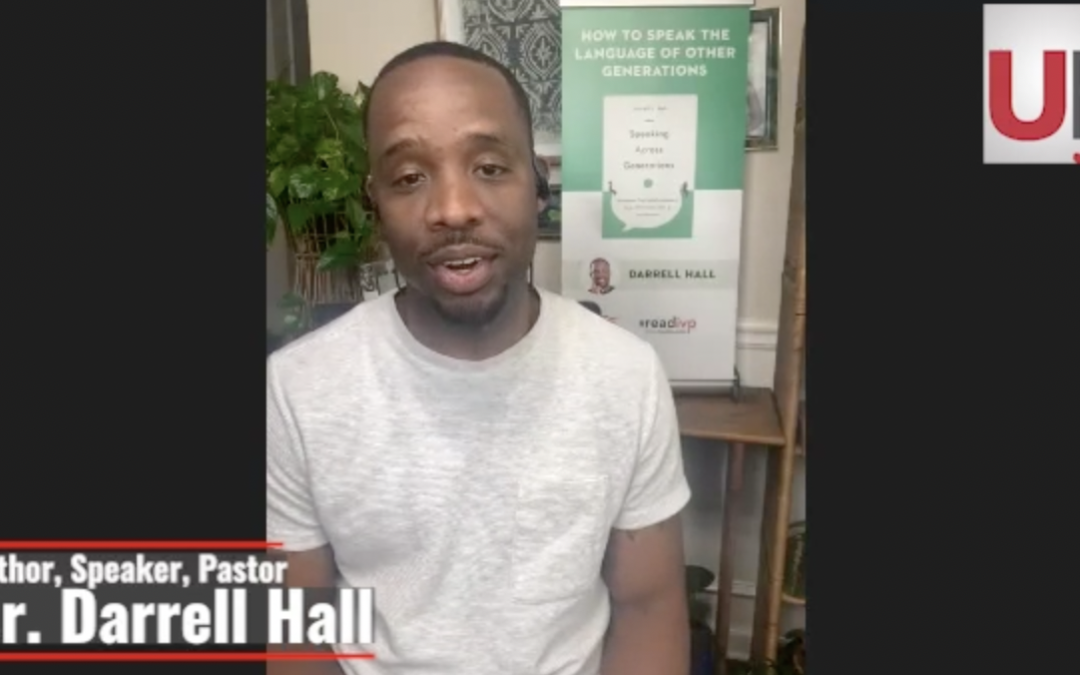
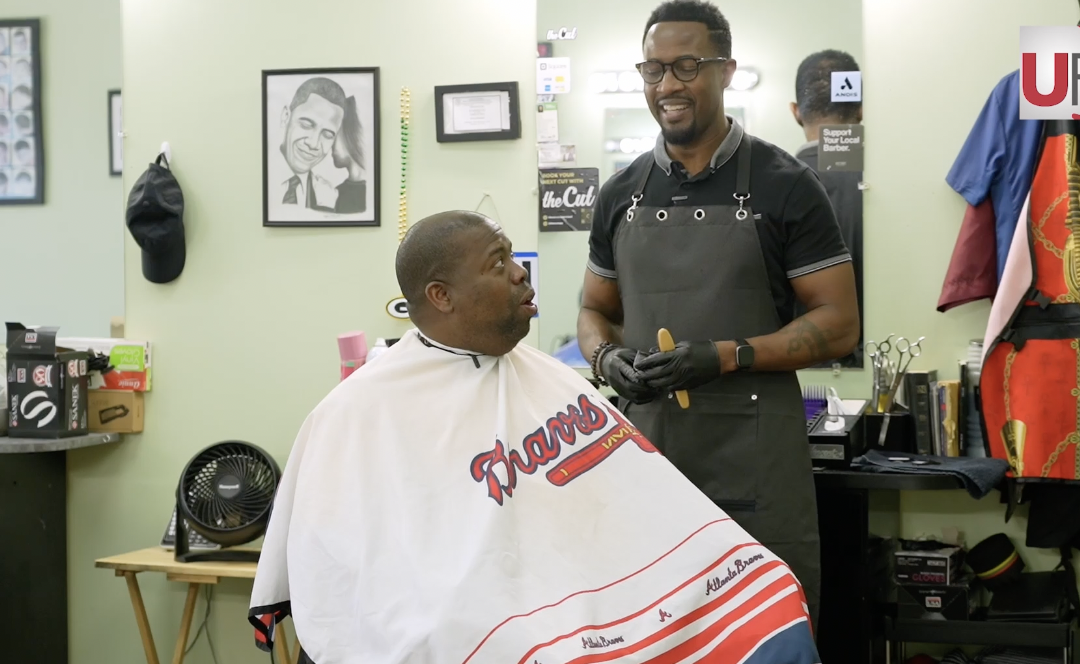
 What the world needs from the church is for us to be the church. The time is now for us to commit ourselves to following Jesus Christ in our actions. It was the way the early Church first began to thrive.
What the world needs from the church is for us to be the church. The time is now for us to commit ourselves to following Jesus Christ in our actions. It was the way the early Church first began to thrive.

